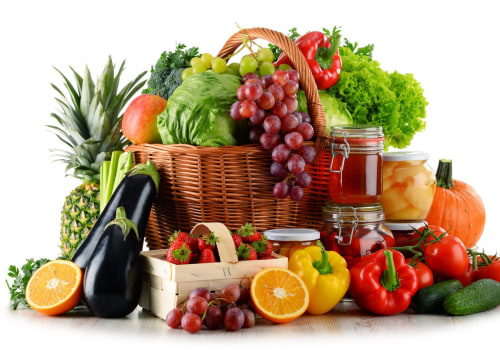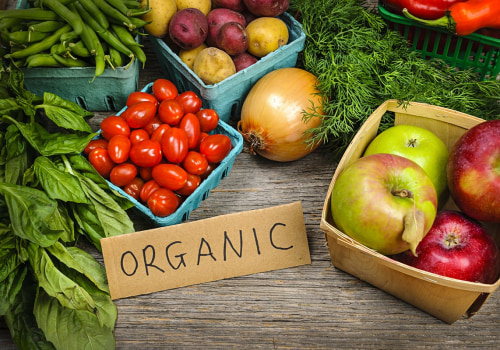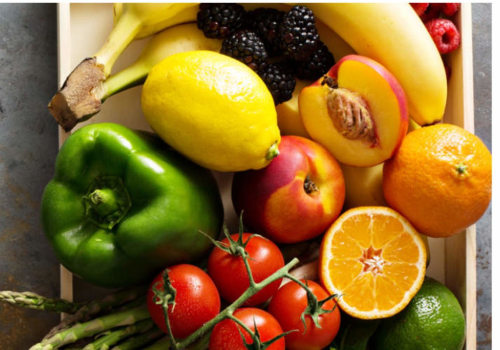There's a huge drawback because of the additional land being used to grow organic crops, said Stefan Wirsenius, an associate professor at Chalmers. The total greenhouse gas impact of organic agriculture is greater than that of conventional agriculture. The impact on emissions of meat, milk and eggs produced from organically raised livestock is more complicated. On the one hand, emissions may increase because animals don't get fat as quickly without hormones, supplements and conventional feed.
That, for example, gives livestock a longer life to release methane, another particularly powerful greenhouse gas. On the other hand, allowing animals to spend more of their lives grazing in open pastures can stimulate the additional growth of plants, which capture more carbon dioxide and, at the same time, reduce the emissions associated with standard feed. Discover the difference between organic foods and their traditionally grown counterparts when it comes to nutrition, safety and price.
Organic foods, once found only in health food stores
, are now a common feature in most grocery stores.And that has created a small problem in the produce aisle. The Department of Agriculture (USDA) has established an organic certification program that requires that all organic foods meet strict government standards. These regulations control the way in which such foods are grown, handled and processed. Some data show the possible health benefits of organic foods compared to foods grown using the usual (conventional) process.
These studies have demonstrated differences in foods. However, there is limited information to demonstrate how these differences can provide possible general health benefits. In the journal New Scientist, specialists in sustainable food and agriculture Christel Cederberg and Hayo van der Werf warned that studies on this topic tend to focus too narrowly and do not adequately assess the environmental benefits of organic production on biodiversity or the health of agricultural soils. Acidification and eutrophication potentials are more varied, but tend to be higher in organic systems; the average values in all types of food are higher in organic ones, although there are likely to be some exceptions in particular contexts.
Organic practices can reduce climate pollution directly caused by agriculture, which would be fantastic if they didn't also require more land to produce the same amount of food. I couldn't have been more wrong; instead of the remoteness from nature that Asimov predicted, the new century has brought the opposite trend, a return to the natural, with the consumption of organic foods as one of its main standards. If you want to eat organic foods because you think they taste better or have superior health qualities compared to crops that are grown in another way, of course, spend the premium to buy them. A University of California survey revealed that the main reason why most consumers choose organic foods was to avoid pesticides (70%), over freshness (68%) or health and nutrition (67%).
This comparison measures the relative impact relationship between organic and conventional agriculture, according to which a value of 1.0 means that the impact of both systems is the same; values greater than 1.0 mean that the impacts of organic systems are greater (worse) (for example, a value of 2.0 would mean that organic impacts were twice as high as conventional ones); and values lower than 1.0 mean that conventional systems are worse (a value of 0.5 means that conventional impacts are two); and values lower than 1.0 mean that conventional systems are worse (a value of 0.5 means that conventional impacts are two times higher than conventional ones). If you've ever been unlucky enough to meet someone who eats organic food because they think they're saving the world from climate change, you know first-hand how unbearable this situation can be. The key word is “synthetic”; contrary to what the vast majority of consumers of these products understand, organic agriculture actually uses pesticides, but they must also be organic. The legumes that organic farmers have to use to help convert nitrogen into more reactive compounds in the soil end up profoundly affecting other food crops that they could otherwise grow, the study notes.
From a health perspective, many consumers consider organic foods to be safer due to lower exposure to pesticides. .



